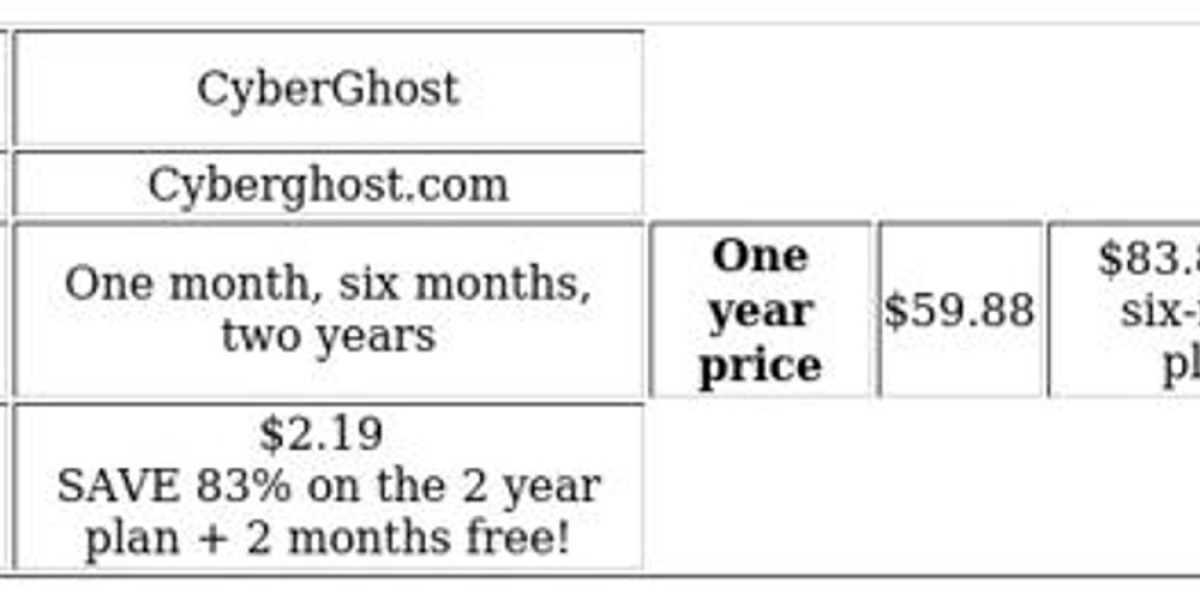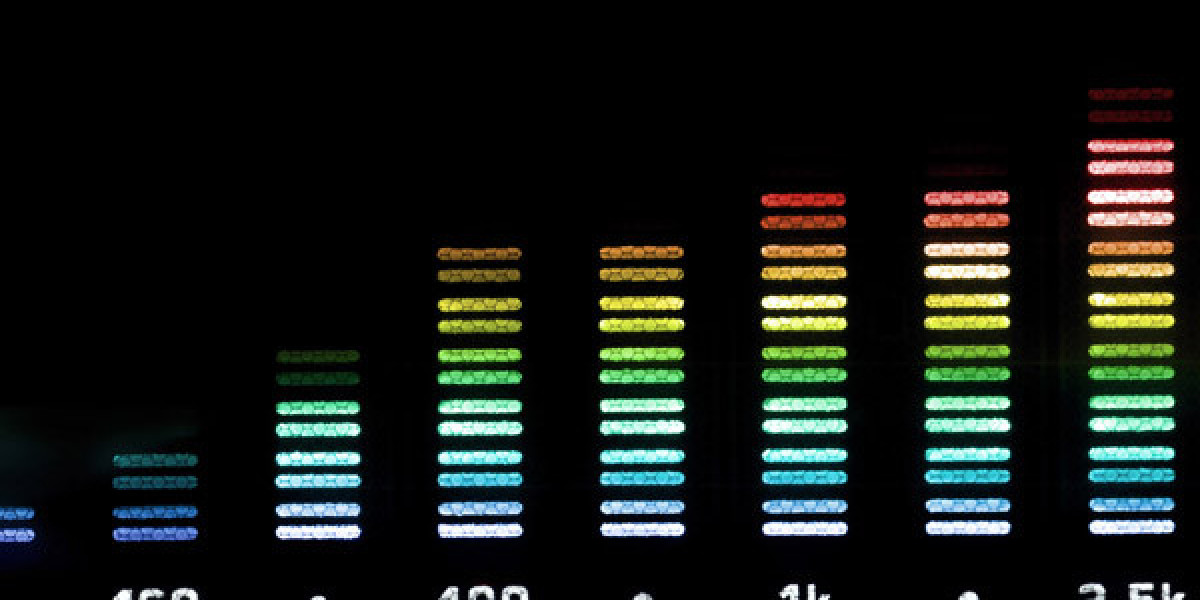KPV is a short tripeptide composed of the amino acids lysine, proline and valine. Although only three residues long, it has shown remarkable anti-inflammatory, immunomodulatory and tissue-repair properties across preclinical studies and early human trials. In functional medicine, where the goal is to address root causes rather than just symptoms, KPV can be used to dampen chronic inflammation that underlies many chronic conditions such as autoimmune disorders, metabolic syndrome, neurodegenerative disease and age-related degeneration of connective tissues. By selectively blocking specific pro-inflammatory pathways—particularly the recruitment of neutrophils and macrophages to inflamed sites—KPV reduces oxidative stress, preserves cellular integrity and promotes a more balanced immune response. In regenerative medicine, its ability to encourage fibroblast proliferation, collagen synthesis and angiogenesis makes it an attractive adjunct for wound healing, may22.ru tendon repair and even cartilage regeneration.
Ready to try KPV peptide therapy as part of a comprehensive functional medicine plan?
Before adding any new therapeutic agent, especially one that modulates the immune system, a thorough assessment is essential. Start with a detailed history of your current health issues, medications, supplements, diet and lifestyle factors. A functional medicine practitioner will evaluate biomarkers such as C-reactive protein, erythrocyte sedimentation rate, cytokine panels (IL-6, TNF-α), vitamin D levels, gut microbiome composition and hormonal balance. Once baseline data are established, KPV can be introduced in a controlled manner—often via sublingual or intranasal delivery to bypass first-pass metabolism—or through topical formulations for localized inflammatory conditions. Throughout therapy, repeat testing at 4-6 week intervals will help gauge response, adjust dosing and monitor for any emerging adverse effects.
You may be a candidate for KPV if you are struggling with:
- Chronic low-grade inflammation that has not responded adequately to conventional anti-inflammatory drugs or lifestyle changes
- Autoimmune diseases such as rheumatoid arthritis, psoriasis or inflammatory bowel disease where neutrophil infiltration drives tissue damage
- Metabolic disorders including type 2 diabetes and non-alcoholic fatty liver disease, where systemic inflammation contributes to insulin resistance and hepatic steatosis
- Neurodegenerative conditions like Alzheimer’s disease or Parkinson’s disease, where neuroinflammation accelerates neuronal loss
- Chronic pain syndromes (fibromyalgia, chronic regional pain syndrome) linked to inflammatory cytokine release
- Poor wound healing or chronic ulcers, especially in diabetic patients, due to impaired neutrophil function and collagen deposition
- Tendonitis, bursitis or osteoarthritis that are refractory to physical therapy and NSAIDs
While KPV is generally well tolerated, several potential side effects have been documented, particularly when used at higher doses or for extended periods. The most common reactions include:
- Mild Localized Irritation
- Transient Gastrointestinal Discomfort
- Allergic Reactions
- Changes in Immune Function
- Blood Pressure Fluctuations
- Hormonal Imbalance Symptoms
- Skin Reactions
Risk Mitigation Strategies
- Start Low, Go Slow: Begin with the lowest effective dose and titrate upward only if clinical benefit is not achieved and no adverse events occur.
- Monitor Biomarkers: Regularly track inflammatory markers, liver enzymes and complete blood counts to detect early signs of systemic effect.
- Co-Administer Protective Supplements: Antioxidants such as vitamin C, zinc or omega-3 fatty acids can help counteract any oxidative stress that may arise from modulating immune pathways.
- Use High-Quality Peptide Sources: Ensure the peptide is synthesized under GMP conditions and free of contaminants that could provoke allergic reactions.
- Patient Education: Instruct patients to report any new symptoms promptly, especially those related to infection or cardiovascular changes.
Current evidence suggests that KPV does not accumulate in tissues and is rapidly cleared via renal excretion. Nevertheless, chronic use may alter the gut microbiome by shifting neutrophil activity, potentially affecting digestion and immune surveillance. Periodic stool analysis can help detect dysbiosis early. Additionally, because KPV modulates cytokine production, there could be implications for vaccine efficacy; patients should inform their healthcare providers if they plan to receive immunizations while on peptide therapy.
In summary, KPV offers a promising avenue for reducing chronic inflammation and promoting tissue repair in functional and regenerative medicine contexts. While side effects are generally mild and manageable, careful patient selection, dosing strategies and ongoing monitoring are essential to maximize benefits and minimize risks.








